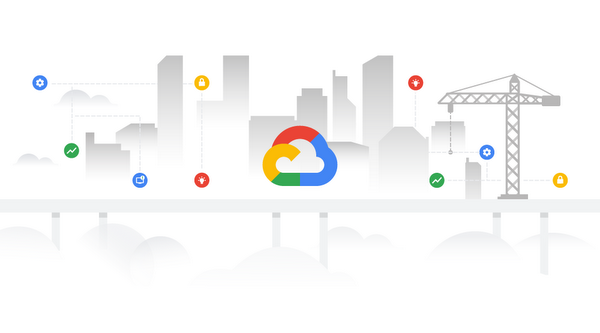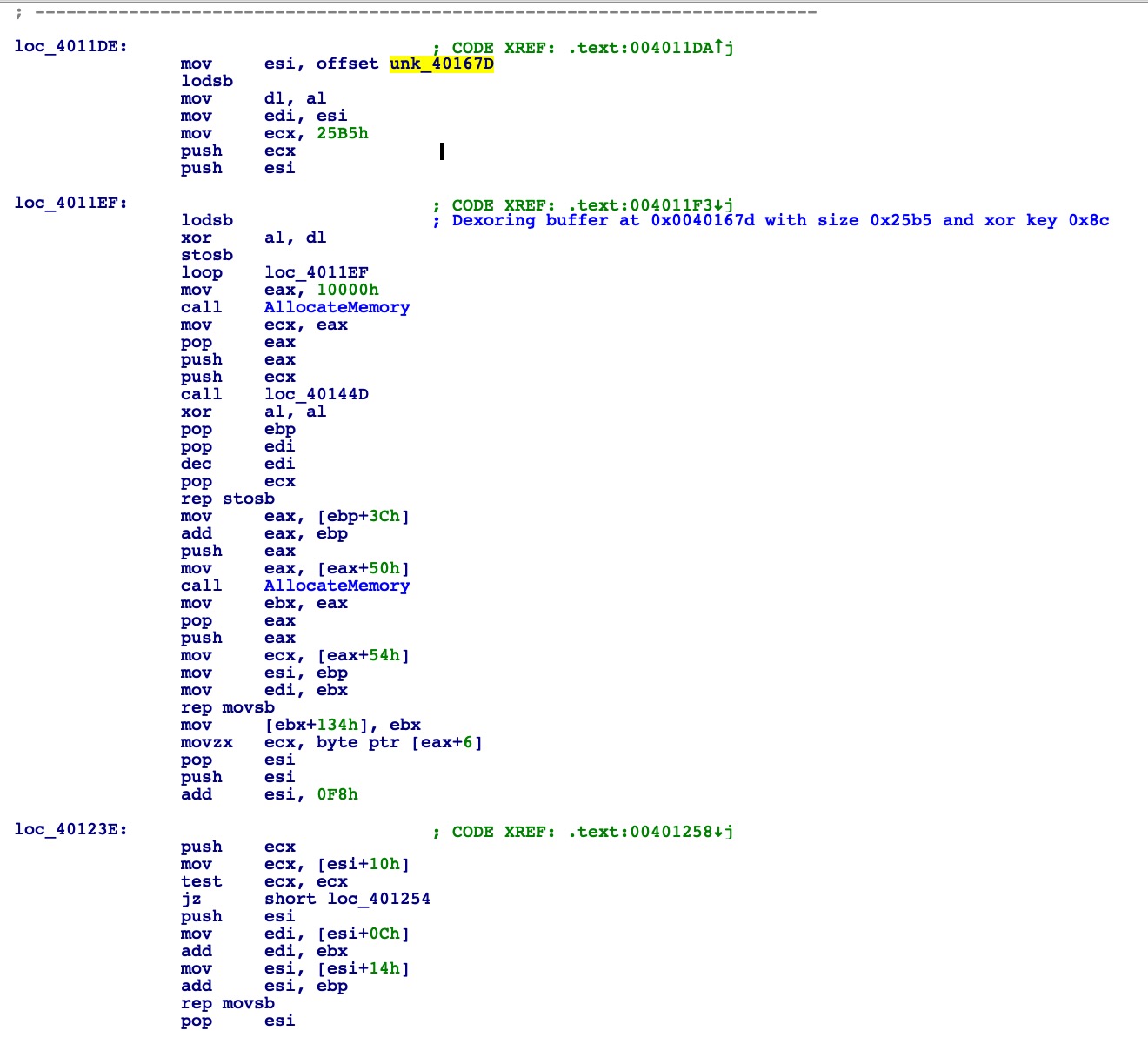Retail
BFCM_banner_2000x1110 (1).png
The shelves are stocked, the ads are running, and retail executives everywhere are readying their stores and systems for the long-awaited start of holiday shopping–Black Friday and Cyber Monday, the busiest time in retail.
As the former CMO and chief digital officer at Neiman Marcus Group, and now Google Cloud’s head of retail, I know firsthand how these two single days can affect revenue, growth, and brand loyalty. For retailers that perform well, Black Friday and Cyber Monday can bring in millions of dollars and thousands of new customers. But for those who don’t, let’s just say that consumers (and shareholders) have long memories.
Black Friday and Cyber Monday are truly the Super Bowl or World Cup of retail. Retailers spend 10 months conditioning their teams and systems to handle the pressures of the big event, because that’s when the stakes are highest, and all eyes are on them.
These two iconic shopping days have expanded far beyond their original 24-hour period, with many retailers pushing out promotions the entire week of Thanksgiving–and some the entire month of November. With longer campaigns comes even more uncertainty around when shopping “peaks” are expected to hit. Retailers must be ready to scale at any moment, since product popularity and viral success could happen at any time.
At Google Cloud, we recently commissioned The Harris Poll to survey more than 200 U.S. retail executives, gauging their expectations for this year’s holiday shopping season and what they’re doing to prepare. Here are the top trends we discovered.
1. Retailers are predicting even more digital sales
Retailers have been seeing sales move from in-store to online for many years, and this year the trend continues. Survey respondents expect digital sales to account for about half of their overall sales this holiday weekend, with 26% coming from their websites and 22% coming from their apps. This is higher than the regular season store vs. online mix for most retailers, proving that consumers like to do their last-minute holiday shopping online.

Nearly half (46%) of the retail executives in our survey anticipate that online traffic this Black Friday and Cyber Monday will be significantly higher this year compared to last. In particular, shoppers are taking to mobile even more for product discovery, especially as they shop in-store. In the past two years, mobile searches for “best deals” have grown more than 90% and searches around “rewards apps” and “Black Friday deals” are up 200%, according to recent Google data.
This rise in online traffic also echoes data from the National Retail Federation, which predicts holiday retail sales this year are set to increase between 3.8 and 4.2%, and online sales to increase between 11 and 14%, as compared to 2018.
As digital sales become a bigger part of overall sales, retailers will increasingly use traffic growth and website performance as a gauge of success. In fact, when survey respondents were asked how they’ll measure Black Friday and Cyber Monday outcomes, 55% pointed to traffic growth–just below the traditional sales volume metric (60%) and just above customer satisfaction (54%).
2. Retailers are working to minimize the impact of website downtime
With the stakes so high, it’s not surprising that retailers are spending time preparing their staff, stores, and infrastructure for peak demand. More than 4 in 5 (81%) of survey respondents say they take special measures to prepare for Black Friday and/or Cyber Monday, and a big part of these preparations is making sure their tech infrastructure is ready to display, process, and fulfill customer orders.
There are many different touch points in a customer’s experience with a retailer, but it often starts or ends with a company’s website. Whether that customer is using the site to view a promotion, shop for ideas, place an order, or check the status of an order, this experience is a make-or-break moment.

A June Retail Systems Research report, sponsored by Google, illuminated the impact that a slow or unavailable website can have on customer loyalty. When asked “Have you ever left a website because it’s too slow?” 91% of respondents said they had–and 30% of shoppers said they would think twice before using that retailer again.
A website that crashes or stalls is a problem anytime of year, but it’s particularly challenging during Black Friday and Cyber Monday, when traffic surges and competition for consumer dollars is at an all-time high. From the Harris Poll survey, one in ten retail executives (10%) reported that their company’s website experienced an outage during Black Friday/Cyber Monday last year, and 40% said they experienced an outage within the past three years. That’s a lot of lost revenue–and potential negative impact to brand perception.

This year, retailers expect even higher volumes of traffic. Survey respondents expect to see a 38% surge, on average, during Black Friday and Cyber Monday compared to their company’s normal online traffic.
3. Retailers are prepared, but not fully confident
Retailers understand the stakes and have been preparing for Black Friday and Cyber Monday in many ways, from increasing their cloud capacity (66% of respondents), offering additional fulfillment options (61%), or spacing out offers and promotions to balance traffic (53%). Nearly nine in ten respondents (86%) said their company has a clear system that maps each process or system with its potential to degrade website performance.

All this preparation has given respondents a certain level of confidence in their ability to perform during the holidays. However, many are still not fully confident and express areas of concern:
-
Only half (52%) of respondents said they were very confident in their company’s overall peak readiness.
-
Less than half said they were very confident in their website speed (42%) and scalability (45%) going into Black Friday and Cyber Monday.
-
More than 80% said they were at least somewhat concerned about the efficacy of their supply chain during Black Friday and Cyber Monday, with two in five (44%) saying they were very concerned.
These responses aren’t particularly surprising. With so many different channels to cover, and so many different failure points to consider, it would be surprising if anyone was completely confident. But what is surprising is that nearly a quarter of respondents (24%) do not have a plan in place should their website go down during this time. Being fully prepared means having a game plan for when things go wrong.
At Google Cloud, we’ve worked with some of the biggest retailers in the business to make sure they’re ready to perform during the big event. For many, that means early capacity planning, identifying potential reliability issues early on, and working side-by-side with their IT and engineering teams in a war room during game day, just in case something does go wrong. We’ve seen a big increase in cloud consumption with our top retailers year-over-year, as well as significant growth in the number of retailers utilizing our white-glove services offering. This kind of partnership and prep work can be the difference between stellar sales numbers or creating an event that damages a retailer’s brand for years to come. Find more information on Google Cloud for retail.
Research Method
The survey was conducted online within the United States by The Harris Poll on behalf of Google from October 14-29, 2019, among 203 retail executives aged 21 years or older, employed full-time, part-time, or self-employed full-time, who work in the retail industry with a title of director level or higher, specifically with a role in IT, operations and production, strategy and business development, inventory management, supply chain, or ecommerce at companies with at least $5 million in annual revenue. The data are not weighted, and therefore are only representative of the individuals surveyed.










